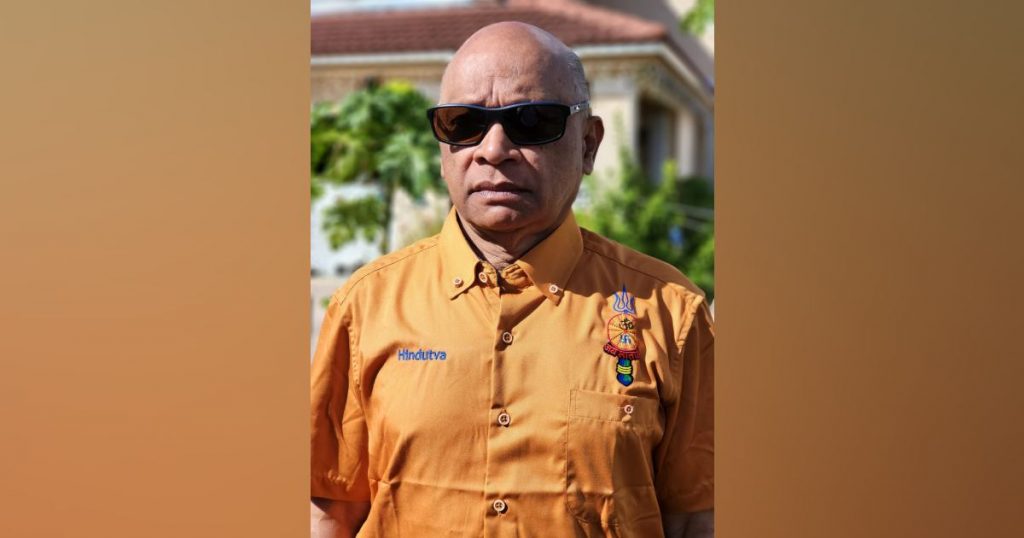Dear Editor,
“We have known all along that the Indians would not trust a black leader and that the Africans would not trust an Indian leader. We could see then that any attempt of the one to rule the other will lead to blood baths ” said Sidney King (Eusi Kwayana) in 1961. The rationale for the Kwayana proposal was that neither major group wanted to be governed by the other as he put it (Demerara Waves) Now that USAID is touting the concept of executive power sharing in Guyana all the boogeyman of race based politics is being brought to the forefront again. Kwayana had proposed partition as the solution to Guyana’s race problems. While this is still an alternative, Ravi Dev has proposed the Federalism of Guyana as a solution to the race problem with Guyana being subdivided into four regions Berbice, Essequibo, Demerara and Rupunini to be ruled respectively by Blacks, Indians, Amerindians and one by mixed races.
Can we still remain “one Guyana” and have executive power sharing at the top? How can it be worked out?. Is the USAID touting of power sharing likely to cause more problems than it solves?
What do black people want? They want economic power and they hope that power sharing will give them this goal. Indians want security and want a balancing of the armed forces and civil services.By balancing of the armed forces we can have three separate regional commissioners of police for Essequibo, Demerara and Berbice. They will be independent of each other and so be able to recruit and train their own police members. Same goes for the army. Regional power will
safeguard against centralized power, thought matter which party rule.
Unless these issues are addressed there is not much hope that power sharing would be the solution to Guyana’s problems. The present day bickering that goes on in parliament would be moved to the secrecy of the cabinet. By the principle of “collective responsibility” the entire cabinet would be required to follow one policy after decisions are made internally. This would be difficult to police as it would be recalled that the WPA’s Dr David Hinds was a bitter critic of the APNU coalition even as the WPA was part of the government. There was no discipline that could have kept him in check.
Whatever the solution it can be agreed that power sharing is fraught with obstacles that would be difficult to overcome.
Respectfully
Vassan Ramracha
